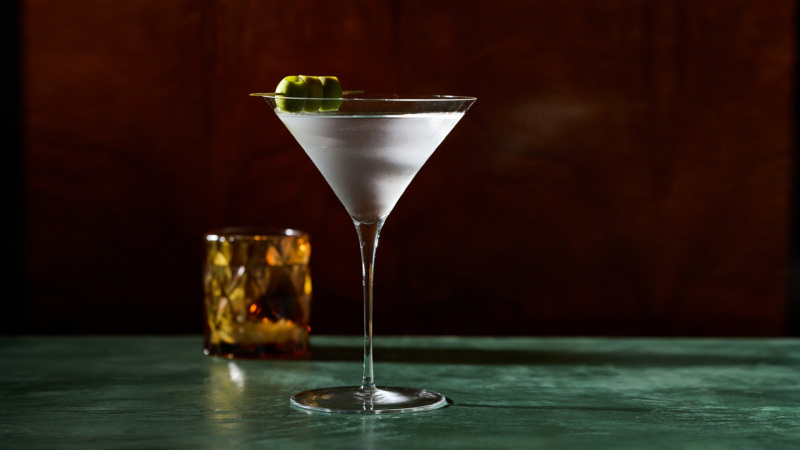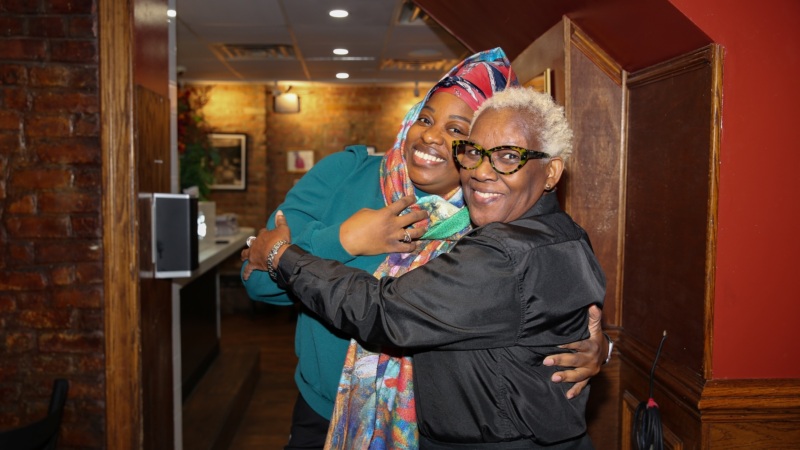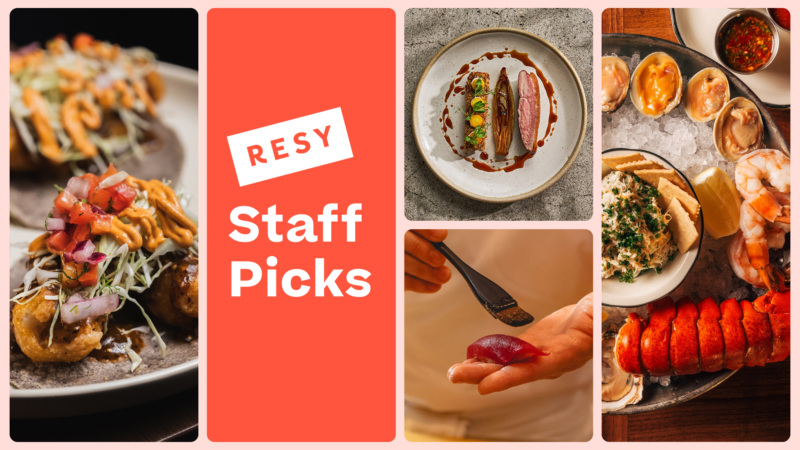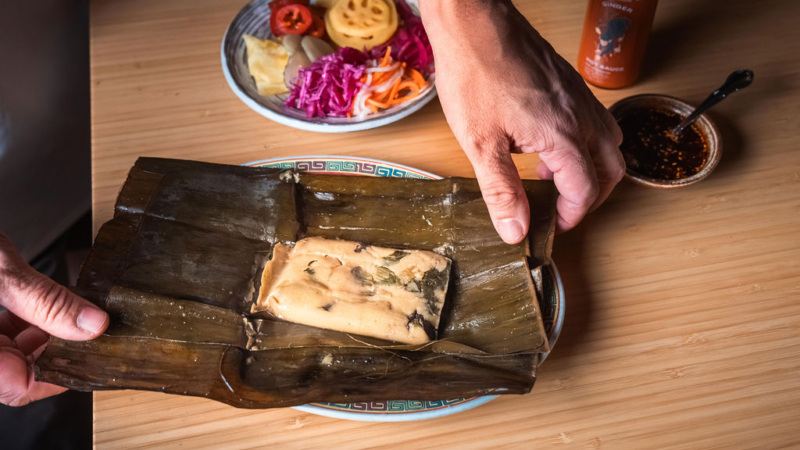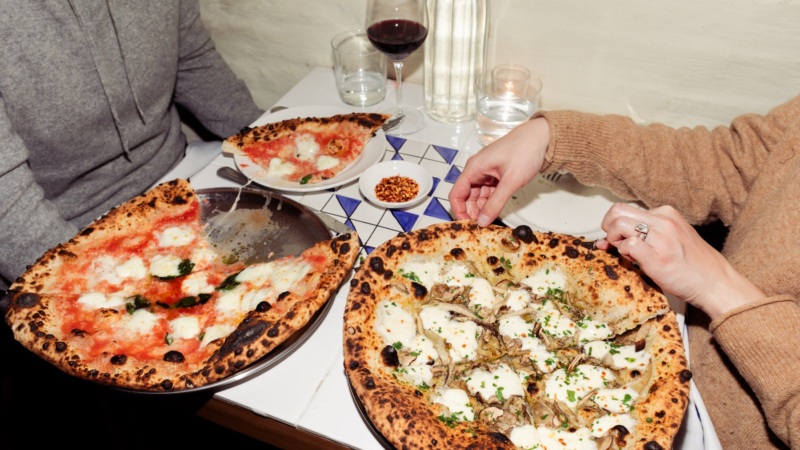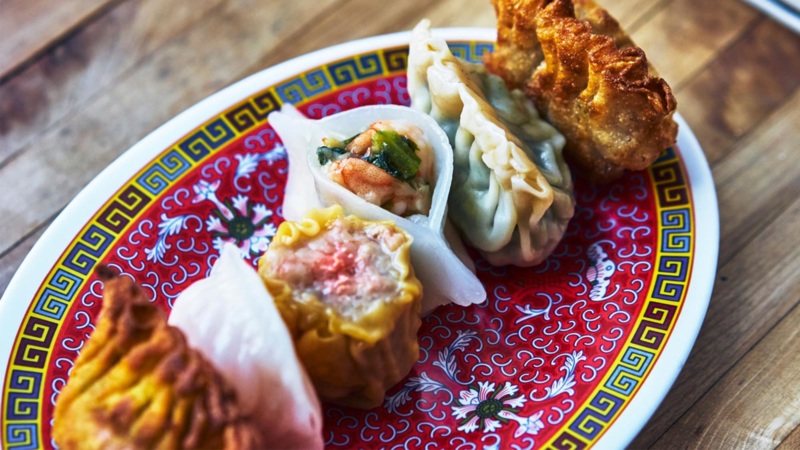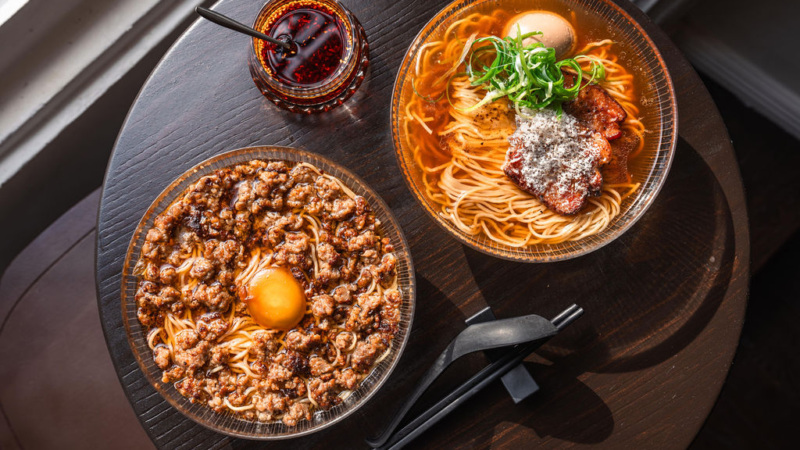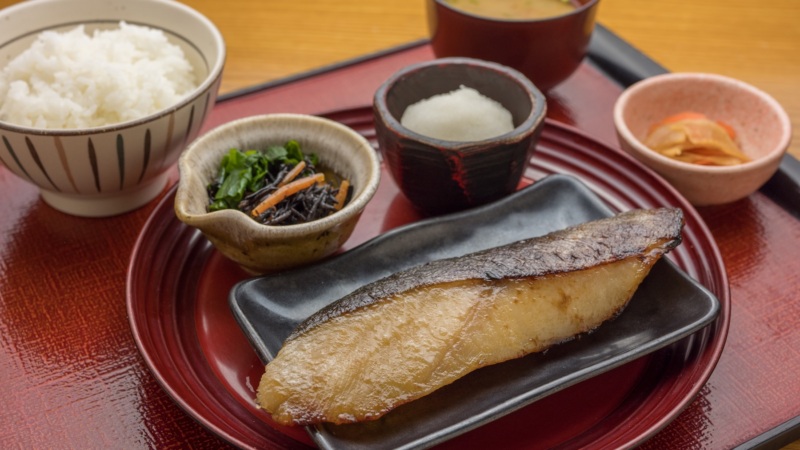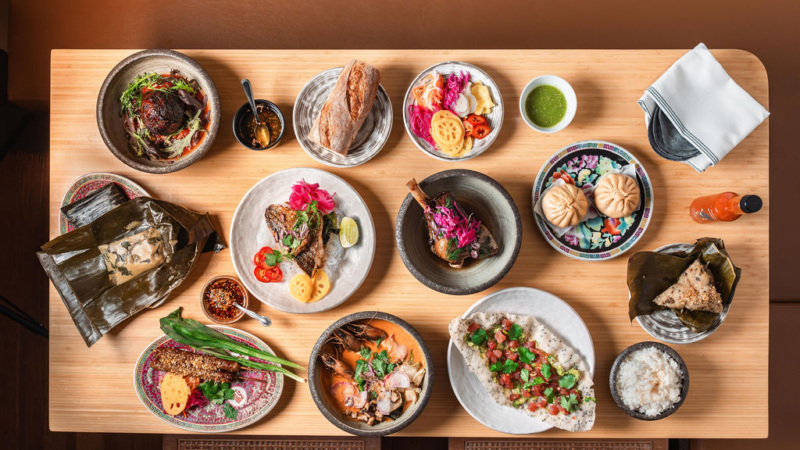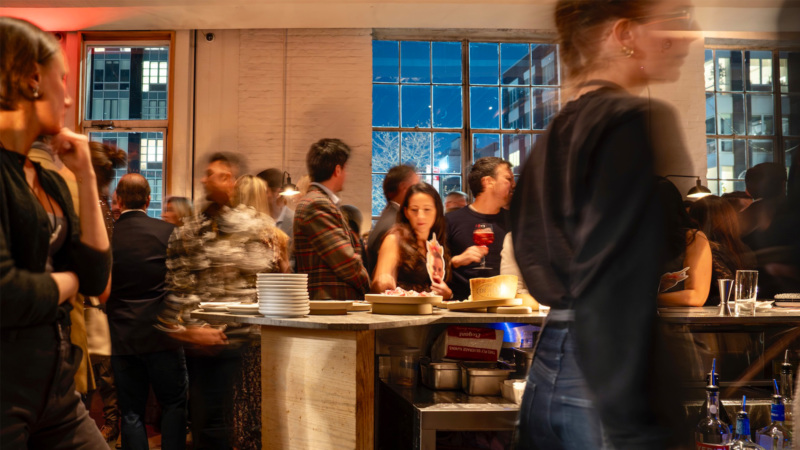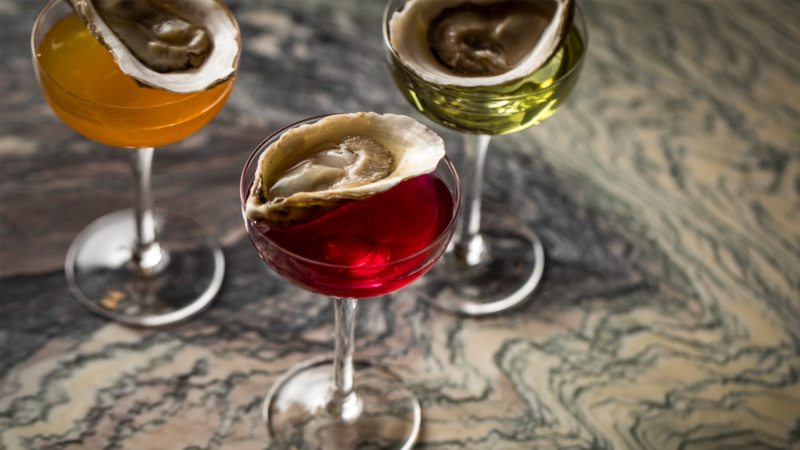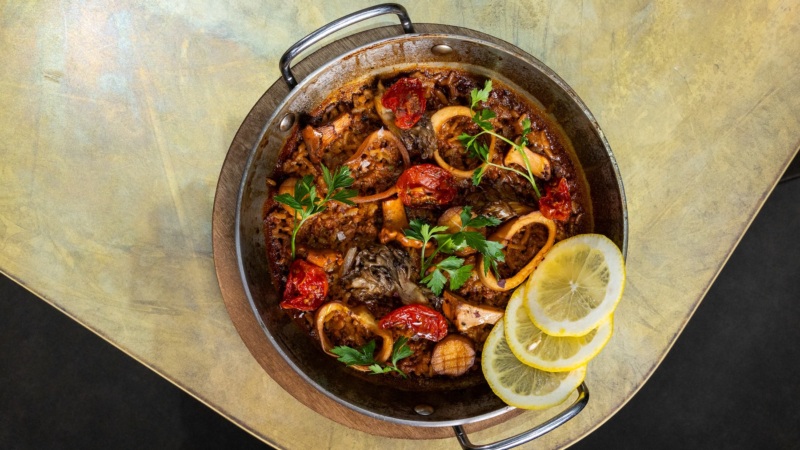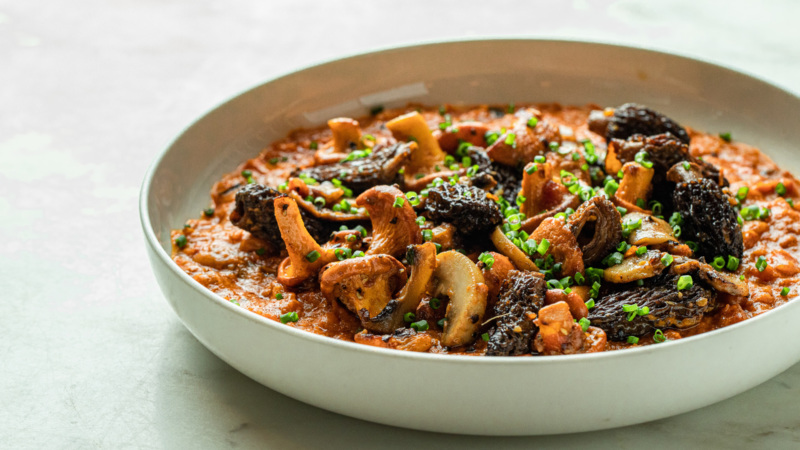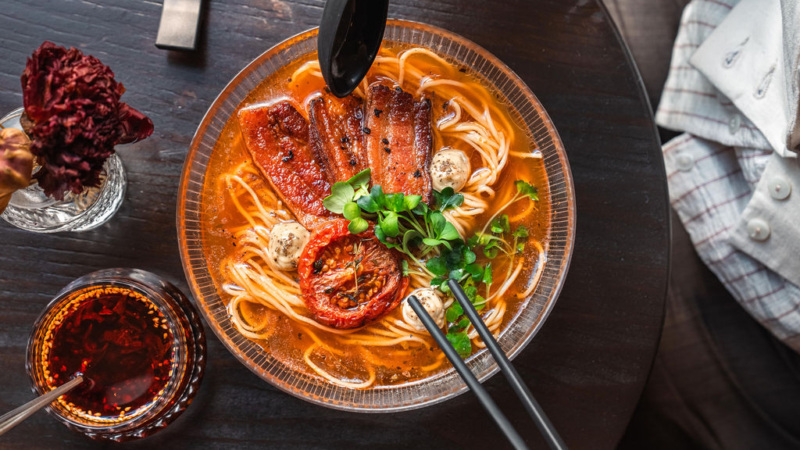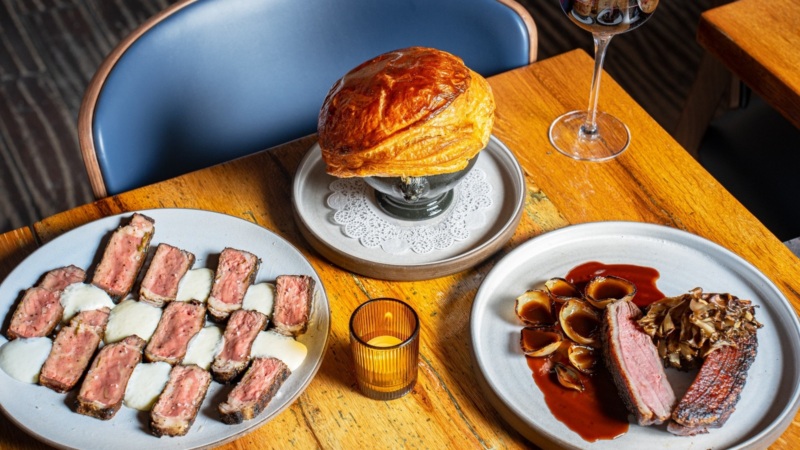
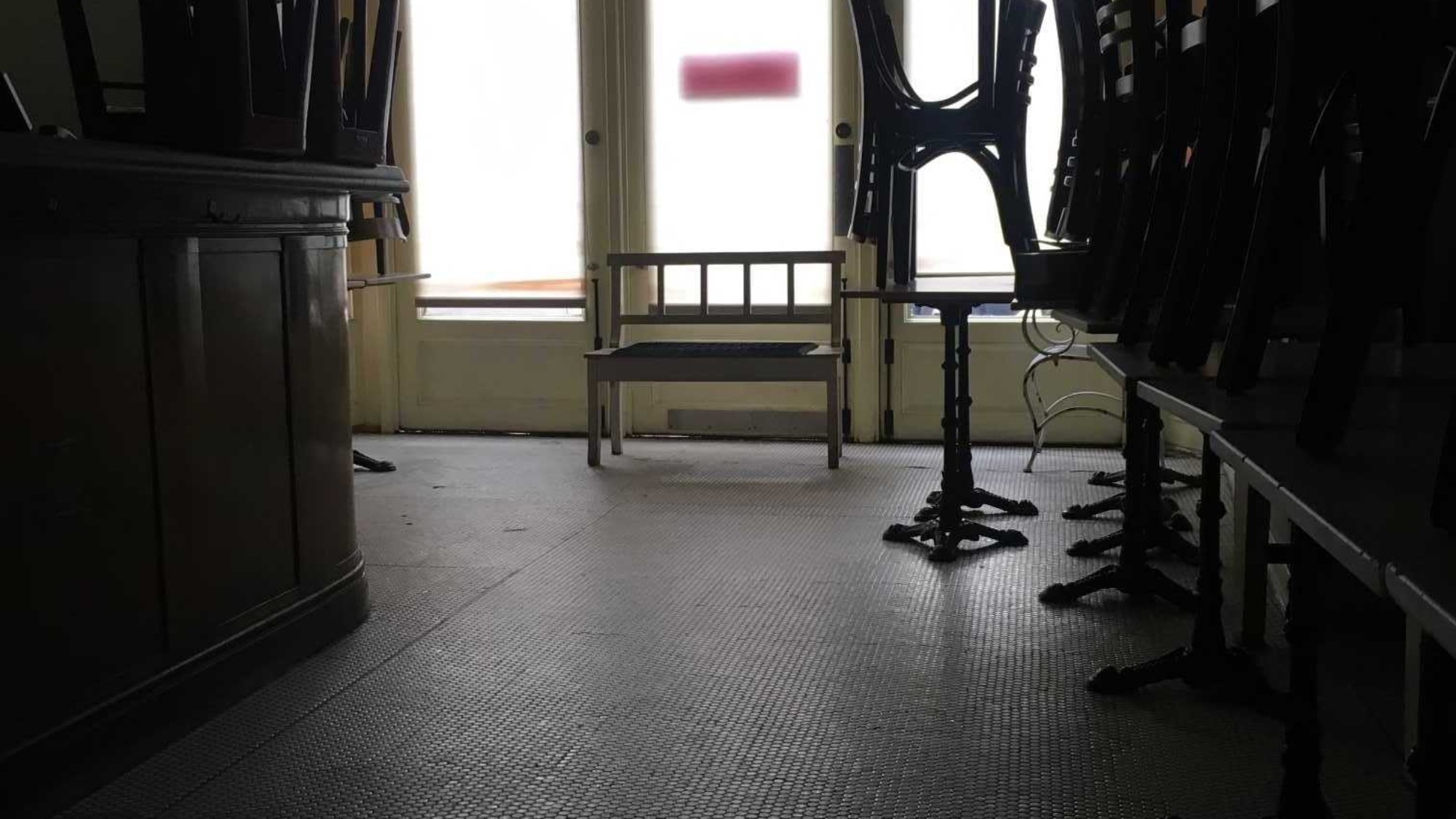
On Restaurants, Strikes, and the Industry’s Future: A Conversation with Gabrielle Hamilton
Published:
Among the artifacts that will someday form the historical view of the COVID-19 pandemic is Gabrielle Hamilton’s April 2020 New York Times essay headlined, “My Restaurant Was My Life for 20 Years. Does the World Need it Anymore?” Hamilton is the owner and chef of Prune, one of New York’s most beloved restaurants. She’s also the author of “Blood, Bones, & Butter,” which has become required reading for lovers of restaurants and aspiring professionals alike. For many, and not just those in the restaurant business, the essay was, just, gruesome. Part love letter, part wake-up call, part cry for help, it is a crucial account of the experience of a small business owner in 2020.
Here we are 10 months later, at the dawn of another dining shutdown, with further restrictions looming. At the same time, though a potentially disastrous winter lies just ahead for restaurants, one that may wipe out the vast majority of restaurants still standing, we are glimpsing some light at the end of the tunnel now. The vaccine has arrived, and at some point in the near future, we’ll again be sitting in the warm embrace of great restaurants. I had an opportunity to talk to Hamilton in November as part of a series of conversations I hosted for employees of Resy and American Express this year. Our discussion led us down several philosophical rabbit holes. Would a 10-day strike be the best way for the industry to get lawmakers to start paying attention to its struggles? How do we balance the needs of restaurant workers with the demands of diners? What might Prune look like when this is all over? Read on to find out.
BL: Where are you today, chef? Are you in the city today?
GH: I’m always in the city. Everyday.
Did you visit the restaurant yet today?
No, I’ll go in when we’re done.
The obvious place to start is with your Times essay. It’s become a crucial meditation for this moment. I’m going to read the opening: “On the night before I laid off all 30 of my employees, I dreamed that my two children had perished, buried alive in dirt, while I dug in the wrong place, just five feet away from where they were actually smothered. I turned and spotted the royal blue heel of my youngest’s socked foot poking out of the black soil only after it was too late” … When we spoke a couple of weeks ago you were surprised to hear that I had read the article as being dark and depressing.
[Laughter] Well, yes, if you judge the whole essay on the terror of its first paragraph and not by the 6500th word of the essay, where it hopefully is a meandering slightly hopeful, lamenting love song to my industry and to my restaurant. There are a few other hues in in it. But, you’re right in a way. That’s how it felt! It was so unguided and unchaperoned. No one was helping—there was no help. It was every man for himself and you had to make your own decisions and you had to look at the landscape and analyze it as best as you could with your own wits. There was no consensus of “Hey, everybody, this is what’s going to happen. This is the date on which it will happen. Don’t worry we’ve got you.” It was just sort of, “Do I dig over here? Do I dig over there? How will I save my children?” if you want to speak in those terms.
I often reject that, as the female owner and the female chef. I often get pushed into the mother analogy. But in this case I’m going to conjure it, because it’s true that restaurants are a lot like family and we do feel as passionately for your employees as you can for your own people, your own children. And, so. That’s how it felt. And still does. “Figure it out on your own, people. Make your own path.”
Have your thoughts evolved, and how have they evolved, on coping and on how the crisis is developing for the industry.
Something that I saw early — and maybe naively thought would happen — I thought we would all bind together, kind of, arm in arm and take collective action. I didn’t realize that “we” are not a “We” — that we are not a monolith with all the same mutual interest or same vision or same path. I thought we would immediately go on strike and just refuse. We’ve revealed to you, the general public, all of the very serious problems we have running these businesses. No matter where you are, whether you’re very fancy or very brass tacks, we still have wages and these problems. I thought we would all band together and take collective action and hook arms and say, “No more food for you … until we have a few things figure out.” Like, health insurance, like a wage that works for everyone in the restaurant, including the owner — that’s what I naively thought would happen. And my perspective has not changed. I think we have a second opportunity coming upon us very soon in which we might take such action. I know I’m the only person in the universe who thinks we should go on strike. Maybe not a strike, but we have an opportunity here that is very powerful to actually educate the public and our public officials about what we do, what it takes us to do what we do — and it would be great to take that opportunity.
I guess you had hoped the article in part would be a rally cry for that.
Exactly! Look at how big my ego is! Have I not just told you what to do? [Laughter] There are people who actually study the craft of striking. There are labor organizers; there are people who know how to organize and rally. And I sure as hell am not one of them. But I can certainly be the scribe and say, “Come on, let’s go!” I mean, can you imagine, like a well-timed, 10-day garbage workers’ strike in the middle of August? If we had no delivery, no takeout, no deli, and everyone freaked out because they couldn’t get their latte or they couldn’t get their Seamless …
There really are two camps that have emerged among operators. There’s one group that is saying: Let’s just grind through it. Let’s do takeout, let’s do spin-off merch, let’s do pop-ups, let’s do collabs, let’s repurpose our restaurants as community kitchens. That is definitely one path that a lot of folks have taken. And the other is more along the lines of what you’re describing. There is a group that has said: Well, not so fast.
I do find myself wondering a lot about the kind of heroic classification of that kind of nearly athletic pivoting, scrambling to stay alive. It is remarkable. Remarkable. We are a formidable group. We get our hands cut off in the middle of service or we get a very serious burn, but we just run to the ER to get our stitches and get back on the line and we finish our shift. There’s something that I can’t help wondering though, in this time, if it doesn’t it have an almost perversity to it. An almost grotesque aspect to it, if you will, of watching these people practically hyperventilating … just Pivot! Pivot! Pivot! Pivot! It is a little bit like admiring people who have four jobs to keep their families afloat. That is very admirable but, also, it shouldn’t be that way. It is deeply admirable and sometimes I think we get lost in admiring that kind of hustle, but I do wonder if it might not be more heroic to actually figure out a way to harness all that energy and spread that out among everybody and make radical, substantive change across the whole industry.
The challenge is that a lot of operators only have one setting. They only have one mode and they’re in it: Keep going, survive, grind through it. I hate to use a cliched metaphor, but I think a lot of people when they get in the weeds, they can only focus on battling out of the weeds.
For sure. It’s very hard, as we often say, “to work on your business when you’re so busy working in your business.” That’s an Ari Weinzweig motto from Zingerman’s Deli in Detroit and Ann Arbor. We really do have one model. But there is increasing evidence that the chef or owner of a restaurant has become a hyphenate now. You can no longer find just a working chef who’s just a cook. Now everyone is a humanitarian and an activist and a podcaster and a television star and a writer. We do have the bandwidth, actually, to use our one mode in greater effect.
So, when a chef or operator comes to you for advice. You’d say, well you should stay closed right now. Let’s battle through this as a group and let’s make it better.
I would say, if we could do that as a group, of course. You can’t just have three people in resistance and everyone else operating. I don’t know how it could even happen.
I guess in the end you’re doing what you think is best for your restaurant, which is what everyone should be doing at this moment.
This is the lament. Yes. I’m doing exactly what I thought was right. I personally perceived that this would go on for a very long time. I feel like I saw that early and strong. I was visited quite distinctly with the vision that this is going to go on for a very long time and I don’t know what we’re coming back as. And it did seem like the best, most efficient use of very few resources to shut it down, rather than change gears. I thought the best thing to do is shut off the insurance, the electricity … and then when we do reopen, to not reopen … We’re not stepping back into an old model. Nor should we. It just seemed right to start fresh and new. To create, rather than to strive to return to a time that’s over.
Let’s shift gears a little bit and get ourselves out of the deep dark recesses of this crisis for just a moment. When we were talking a few weeks ago I began with my stump speech on why hospitality is not dead. And you said, “Well, of course it’s not dead. That’s like saying love is dead.” I thought that was a great way of framing it. So, you’ve made me realize that that’s obvious. But I do want to understand how hospitality is going to evolve. How have your thoughts on Prune evolved? You must have had some thoughts and have reflected and have developed some ideas.
…Which are still rather amorphous. The thing that will be very interesting is whether you can have what you want as an operator — and can you operate without having what you don’t want. In some ways it’s very opportune for me to have a clean slate and to think about returning to the project of cooking and cleaning, and providing this special space to others in a way that makes me feel very well (I don’t need to make a lot of money, as you know. I’m not motivated by that) and that makes you feel very well. And, can I have those experiences without the hated ones that also seemed to come with it when we closed. How can I have those experiences without also having my host in tears because of the ways she’s been treated by a customer? How can I have this warmth of experience where people actually remember to say “good afternoon” and they don’t just hold up two fingers when they want a table for two? Also, where I can have my cook make as much money at the end of the night as the server—who is up there counting her $350, while this dude’s going to go home with his $15 an hour? But he came in earlier and is going to go home later. These questions haven’t been answered for any of us. Industrywide, there has been no answer to how will we all make a legitimate living. Why will we continue to have this tipping story? I don’t know how we’ll get there but it is fun to think about.
At some point we’ll have a vaccine and you’re going to say, “Ok, well the coast is clear to do something.” Are you going to compromise? You have a column that says Want and another that says Don’t Want. Some of these issues may take years to evolve. Are you going to open the restaurant with some amount of compromise or no?
Look, here’s the thing. You only do this work because you’re sick in the head in a certain beautiful way. It is a passion. I never go to the restaurant each day and clean the egg shells that have been lost down in the sauté corner because it pays so well or because I’m thinking about equity in the world. You go in there because you have a passion for making beautiful, delicious things. For making people feel well. I love to clean up. I love to empty the ashtray after a party. I’m just going to go in and do whatever makes me feel very well and I have a feeling that it’ll make you feel well, too. If it doesn’t then I’ll know I’m done. But I’m not going to compromise, I think. I never have and I try not to. It’s really fun to find the 12 people in the world that you love and who love you and just hang out with them. For me, I’m happy to have fewer, more fierce colleagues and friends, if you will.
I have no doubt that whatever Prune looks like when it reopens, it will be wonderful and it will be welcoming. It will be a place you feel perfect and happy and you never want to leave and in that way it’ll be exactly like the old Prune and like the great restaurants. It sounds like there is an idea that we do want to have a little more say about who comes and sits in our tables?
I will continue to live the way I think life should be lived and I will continue to lead with what I want to receive. I don’t need to shut the door or put a buzzer on it or say you can only come here if you have my phone number and you can text me. I will continue to educate the public and my clientele. I will stand at that door every single day and I will greet you with an eye-to-eye “Good afternoon. How are you?’ And, you’ll get it. You’ll start to say the same thing to me when you come in. I will continue to put my head down and do my work the way I think it should be done. In general, Prune has always been a beautiful symbiosis of likemindedness and likewise behaviors (between us and our customers). The staff has always been perfectly empowered to say, ‘Yeah, no.’
Just to go back to where we started today, in a way, this heroism of pivoting also educates the clientele. It lets them know that they can have whatever they want, whenever they want it — even during a pandemic. I find myself questioning that and wondering if that’s a good message. Under what circumstances will we say, “Actually, I have to get stitches in my hand and I’m not going to work the rest of this shift.” It is a global pandemic where our health and our lives are at risk — is that it? I really think everyone from Goldman Sachs should be feeding the frontline workers. Not us!
It does feel like a moment where putting one’s foot down as a restaurateur is crucial as much as it is hard to do…
Alright, speaking about putting one’s foot down, I want to talk about another topic where there are deep philosophical beliefs. Brunch. It has been mentioned in the past that you have a love/hate relationship with brunch. And I can’t help noticing that in the April story that brunch was definitely one of the things that you made no promises about.
[Laughter] I love brunch. I really love cooking it. For me, it’s the ultimate station as the cook. Those tender eggs [laughter] that you have to cook so fast and so accurately over and over for five hours straight… I think, like any chef, I like to use all the vocabulary that I have. I don’t like to use the same words over and over again. I would like to not only cook eggs for the rest of my life. I would also like to take my sugar work for a spin. My braising is very good as well. It has been interesting to see during the pandemic how operating hours have shifted and days of the week have shifted. At least here in New York, it’s greatly reduced. You see all the places are shuttered early in the week and they only operate on the weekend and only from 2 until 10 pm. That has provided a radical change of lifestyle for people in the industry, which I am contemplating, of course.
So, technology. You have resisted tech in your restaurants and generally identified a bunch of things, technology among them, that have gotten the industry to this place, where it’s all broken and we need to make changes for the betterment of everyone. Is there a way that technology is evolving that is disappointing? And if not disappointing, what would you hope to see in tech that you are not seeing?
I just have a feeling I’m probably just very henny-penny and a bit of worry wart about lost arts. Or maybe I’m a neurotic and I have deep psychological problems, but I cherish, for example, handwriting. And the individual thumbprint of an individual’s pen on paper. There’s something to be said for doing math in your head. I lamented having to get a Micros system. The math of the evening is done for you at the end of the night. There are things to still be cherished about that hour and a half shift drink with your cigarette in the ashtray counting up your receipts and the conversations that you have with each other. I love answering a telephone and having a person make a reservation in that way. I really believe in human interaction and humanity. I am a diehard lover of actual people.
Now, I get very pissed at large theoretical groups of people. But on a one-to-one basis, I will forever love humans and humanity — their voices and their eccentricities. There’s something about technology that is very distancing. You notice it — I notice it — in the way people insult and hurt each other in the comments sections. I don’t mind having confrontation. Let’s have it. But this kind of idea that I can savage you electronically … I think I’m just going to stay here with the phone and the eye contact and the pencil and the paper and have handwriting and do my math in my head.
It’s just about wanting to ensure connectivity.
I’m so glad to be able to have technology and use technology. I don’t want to get into that sort of romanticizing of the primitive and of, “You must do it the hard way.” Things are obviously made so much easier and some things should be made easier. But you have to be discerning. Sometimes I meet people who only know technology and have no analog experience [sigh]… I’ll just be at home keeping the home fires burning, and if anyone wants to remember how to write in cursive I’ll be here.
There are a lot of chefs that do use technology to extend their brand footprints beyond the kitchen. You haven’t used technology per se, but certainly your writing has helped you build an audience. How do you recommend someone hone their skills here, and how do you develop those skills in a way where you don’t sell out and you do stay true to yourself.
Is it required? Is it mandatory? I have been told my whole career that I have to have a social media presence or else you’re dead. And I’m here to tell you that that’s absolutely not true. I have a really voluptuous career without a social media presence. So, that’s my first question. Must you? Which is what I was asking in my essay. Am I not enough? Will no one come to my place of business if I am simply expert, thorough and excellent in my work? My drinks are well-made, the cocktails are shaken beautifully, the food is well-salted. The people who serve it to you are knowledgeable and friendly. Do I also have to then go and do all these other things?
And the second thing is that I think people can tell immediately when someone has studied the craft and when they haven’t. I put books down within the first five pages if I can tell an author has never studied writing. It’s the same thing with podcasts, photographs, anything really. You can just tell quality. Someone who has actually studied the skill that they’re engaging in. Quality and excellence in whatever you do will forever be recognized. So, get good.
But you really believe you don’t need all of that extra stuff?
Look, I am the last person on earth to be prescriptive about what you should do or what is needed. I hate that whole “Well, you must…” or “Well, you should…” I can only speak from my own experience and what’s happened for me. People will always be attracted to singular passion, expertise, and quality. I can’t imagine that will ever change.
I couldn’t possibly agree with you more. Certainly in my own career, in my own life, the things that I’ve been most successful with and the things that I’ve pursued most enthusiastically are the things that are closest to me from a standpoint of passion and expertise. But, I want to sit on this point for one more beat. Because I think a lot of chefs and operators are struggling pretty mightily to articulate what they’re passionate about. That applies to some very good chefs and some very good operators. Sometimes it turns out that you’re really, really good at the food, but you’re not that good at connecting with people.
Right. I have observed this my whole career. To be a restaurant chef is a skill. To be a cook on a submarine is a skill. I am not sure what to say. I feel tremendous empathy for anyone who doesn’t know what they were born to be. That is not an admirable position to be in. To operate without a passion or a drive — that’s no fun. But, I also just will continue to argue for a well-lived, affordable, meaningful life for a day’s work. You don’t have to be the celebrity chef who’s also an activist. This is where I get into the politics again. I’m like, Can this guy or this gal simply have a good enough life and not have to be the cream that rises to the top? If all the cream rises to the top, what happens to the milk — and what is wrong with milk? Why can’t milk be remunerated properly, have health insurance, be able to buy a house, take a couple of vacations a year, put some kids through school. Why can’t we have a middle class? I don’t just mean that economically. Why can’t we just have a life?
You’re right. But that’s not how the industry has evolved. The standard is not to make a good living doing something you’re passionate about. The standard has become, over the last 10 or 20 years, to open a restaurant to open more restaurants. So I think what you’re saying, and maybe part of the answer, is that this is part of a recalibration.
I think across industries. Not only ours.
Discover More

